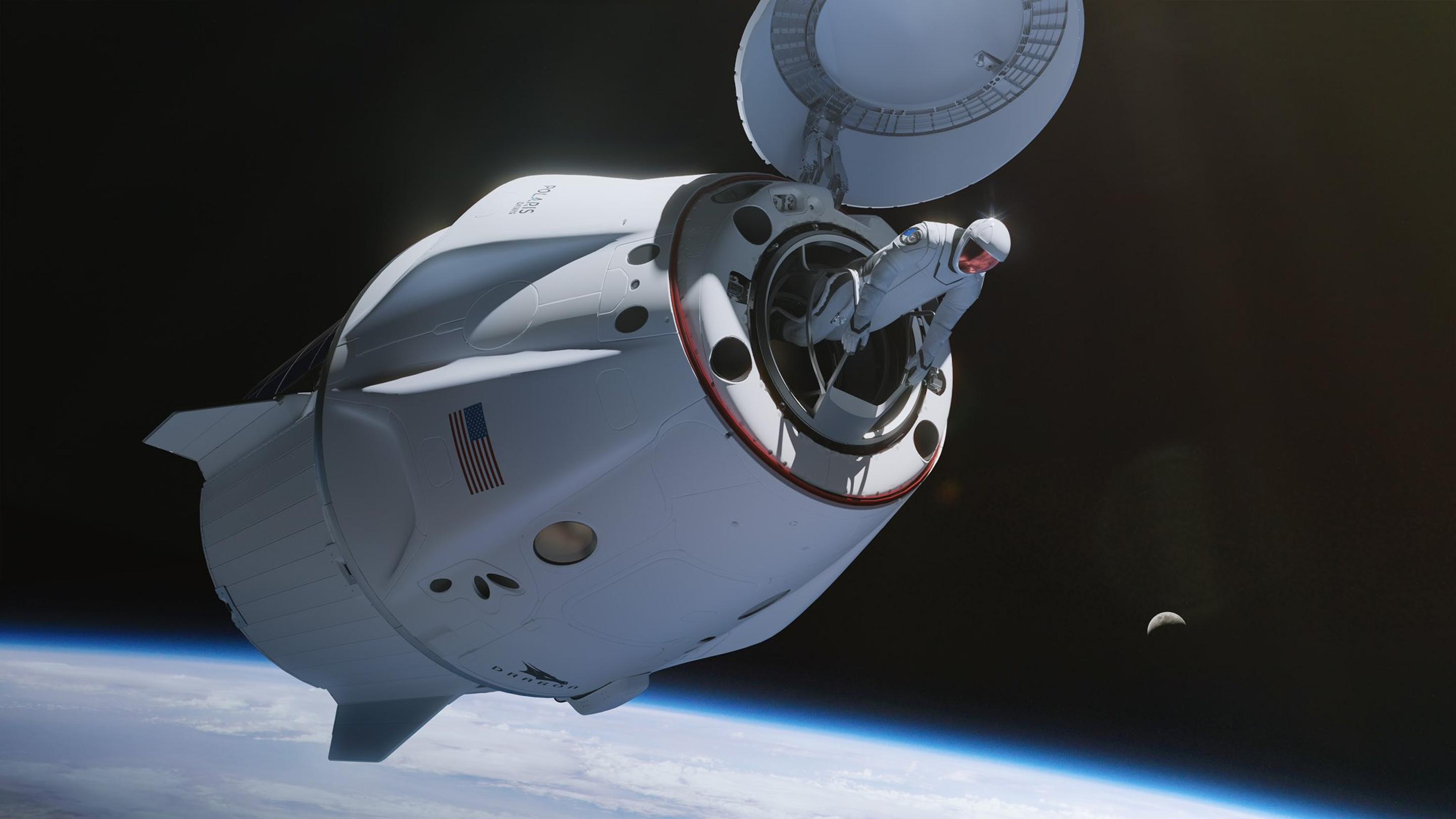"Informed AI News" is an publications aggregation platform, ensuring you only gain the most valuable information, to eliminate information asymmetry and break through the limits of information cocoons. Find out more >>
SpaceX's Polaris Dawn Mission: Pushing Private Space Exploration Boundaries
- summary
- score

SpaceX's Polaris Dawn mission, set for launch no earlier than July 31, 2024, aims to push the boundaries of private space travel. The mission, featuring a Crew Dragon spacecraft, will carry four astronauts farther from Earth than any crewed mission in over 50 years.
This mission marks a significant leap in commercial space exploration, moving beyond mere cargo and crew transport to the ISS. The Polaris Dawn will attempt to reach an initial orbit of 870 miles, surpassing the heights achieved since the Apollo 17 lunar mission in 1972.
A notable risk at this altitude is exposure to the inner Van Allen belt's radiation. However, the crew, led by Jared Isaacman, will initially orbit at a safer, lower altitude of 120 miles, minimizing radiation exposure.
The mission includes 38 scientific experiments focused on the effects of space travel and radiation on human health. Post-experiments, the spacecraft will descend to 430 miles for the first private spacewalk, facilitated by a specially modified Dragon capsule and upgraded EVA suits.
This mission not only advances private space exploration but also underscores the growing role of non-governmental entities in space ventures.
| Scores | Value | Explanation |
|---|---|---|
| Objectivity | 6 | Comprehensive reporting with in-depth analysis. |
| Social Impact | 5 | Significantly influences public opinion on space exploration. |
| Credibility | 5 | Solid evidence from authoritative sources. |
| Potential | 6 | Inevitably leads to significant changes in space ventures. |
| Practicality | 4 | Highly practical, directly applicable to real problems. |
| Entertainment Value | 4 | Highly entertaining, arouses audience interest. |